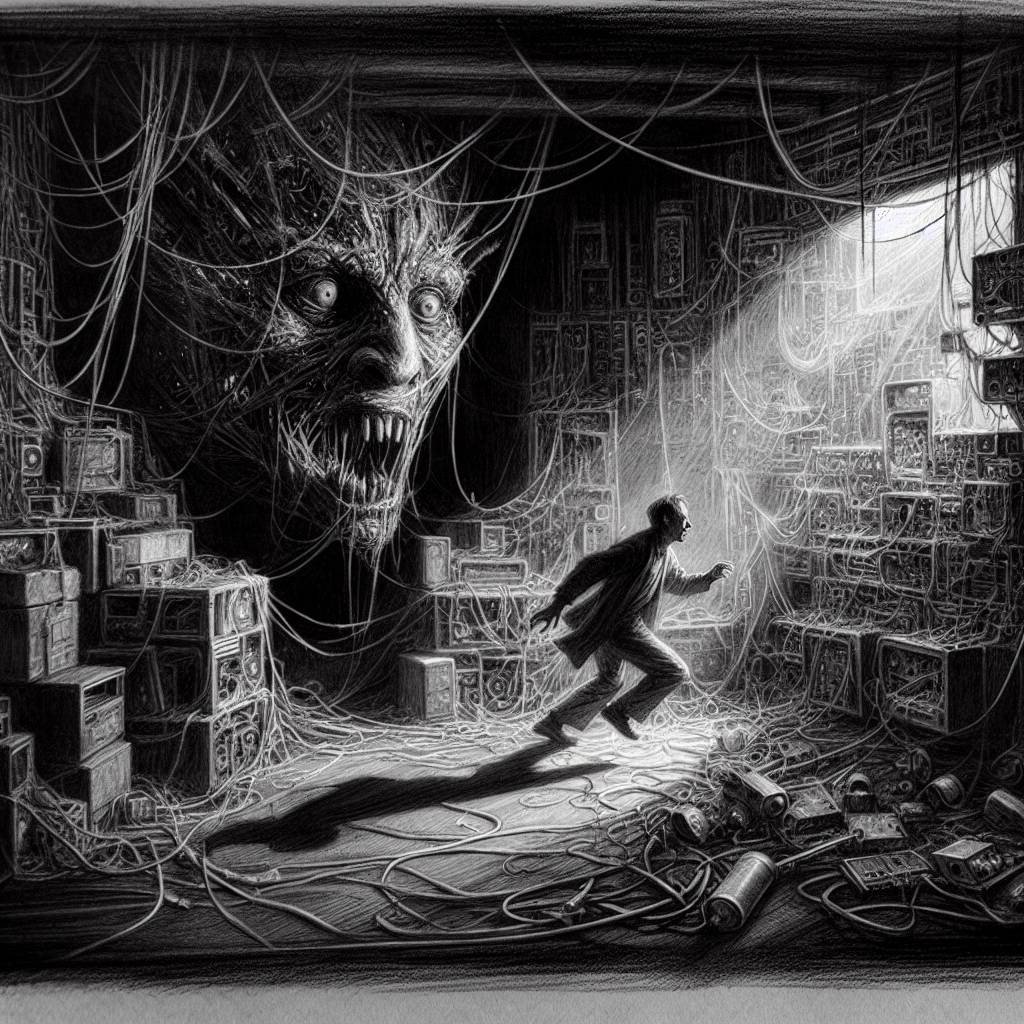FileFix Fiasco: Dodging MoTW with a Dash of Deception
A new FileFix attack lets hackers bypass Windows’ Mark of the Web protection. By tricking users into saving HTML files as .HTA, malware runs without warning. The attack relies on social engineering, urging users to save files under the guise of vital tasks. Disabling mshta.exe and blocking HTML emails can help prevent this threat.

Hot Take:
In a world where clicking on the wrong link can lead to chaos, the new FileFix attack is the cybersecurity equivalent of hiding a whoopee cushion under a corporate chair. It’s sneaky, potentially embarrassing, and definitely something you want to avoid at all costs. This attack proves that even in the digital age, social engineering is still alive, well, and ready to make a fool out of anyone who doesn’t know their .HTA from their HTML.
Key Points:
- FileFix attack bypasses Windows’ MoTW protection using saved HTML webpages.
- Mr.d0x’s technique involves social engineering, tricking users to rename saved HTML to .HTA.
- .HTA files auto-execute embedded JScript via the mshta.exe utility.
- Files saved as “Webpage, Complete” escape MoTW tagging, facilitating this exploit.
- Disabling mshta.exe and blocking HTML attachments can mitigate risks.
